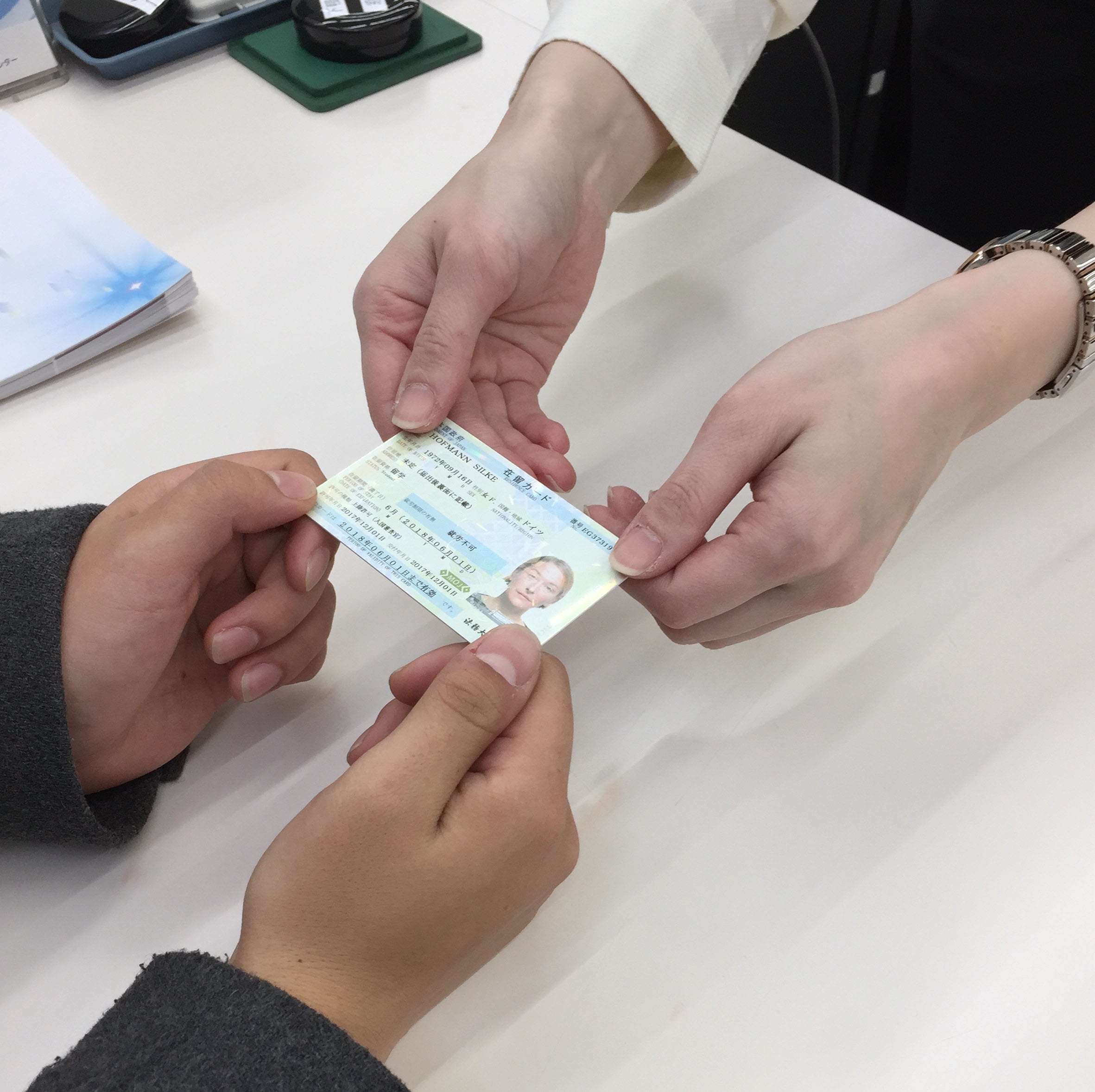
In 2018 LDoc student Silke Hofmann undertook a 4 month placement at the Kyoto Institute of Technology
“Prior to this residency I lived in a number of cities around the world and have grown to consider myself somewhat cosmopolitan. Upon my arrival in Japan, however, I felt utterly foreign.
My appearance is distinctly different from locals and I cannot speak Japanese nor read kanji, hiragana or katakana. In addition, my body suffered from the chilly dampness of Kyoto winters and it was hard to concentrate on my tasks due to a severe jetlag.
Overall, I felt utterly shell-shocked and stranded on a foreign shore.
I arrived in Japan for a long-anticipated material investigation on a tight, 4-months schedule. Work needed to be done, so I made plans to visit an array of traditional craft shops that sold my research material: Japanese washi paper.
While travelling through the city with a tunnel vision focus on searching for washi paper, I noticed a curious and reoccurring behaviour in the streets, people bowing to each other respectfully, calmly, reciprocally.
The slow pace of transactions in stores bewildered me. People completed tasks with 100% solemn concentration. For example, shop personnel wrapped purchases attentively, one item at a time, in sheets of washi paper, then handed the object over to the customer, holding it with both hands while bowing respectfully, uttering words of thankfulness for choosing their store. No matter what the size of the item or the amount of money spent, this procedure is repeated with the same rigour and concentration for every purchase and every customer.
A few days into my research something struck me. I was at a local bank with a Japanese translator waiting to open a bank account. During the process the clerk returned my Japanese residency card to my translator, holding it with both hands. She did this so carefully and gracefully as if she was handling a precious artefact. Witnessing this transaction made me feel quite special and cared for.
It occurred to me, in this moment, that these are the same emotions I want my washi paper design tools to evoke. By working with them, I hope the gentle beauty of washi paper can have a positive effect on breast cancer patients.
Sitting at the bank, waiting for the process to be completed, I decided that, instead of rushing through my residency, chasing after the best paper mill, I should investigate the cultural particularities that shaped the emergence of this beautiful material and that are also a creative source for washi paper.
I should, perhaps, slow down, emerge myself in the local every day, spend time learning the culture and adjust to the pace of life that is customary at these foreign shores.”
